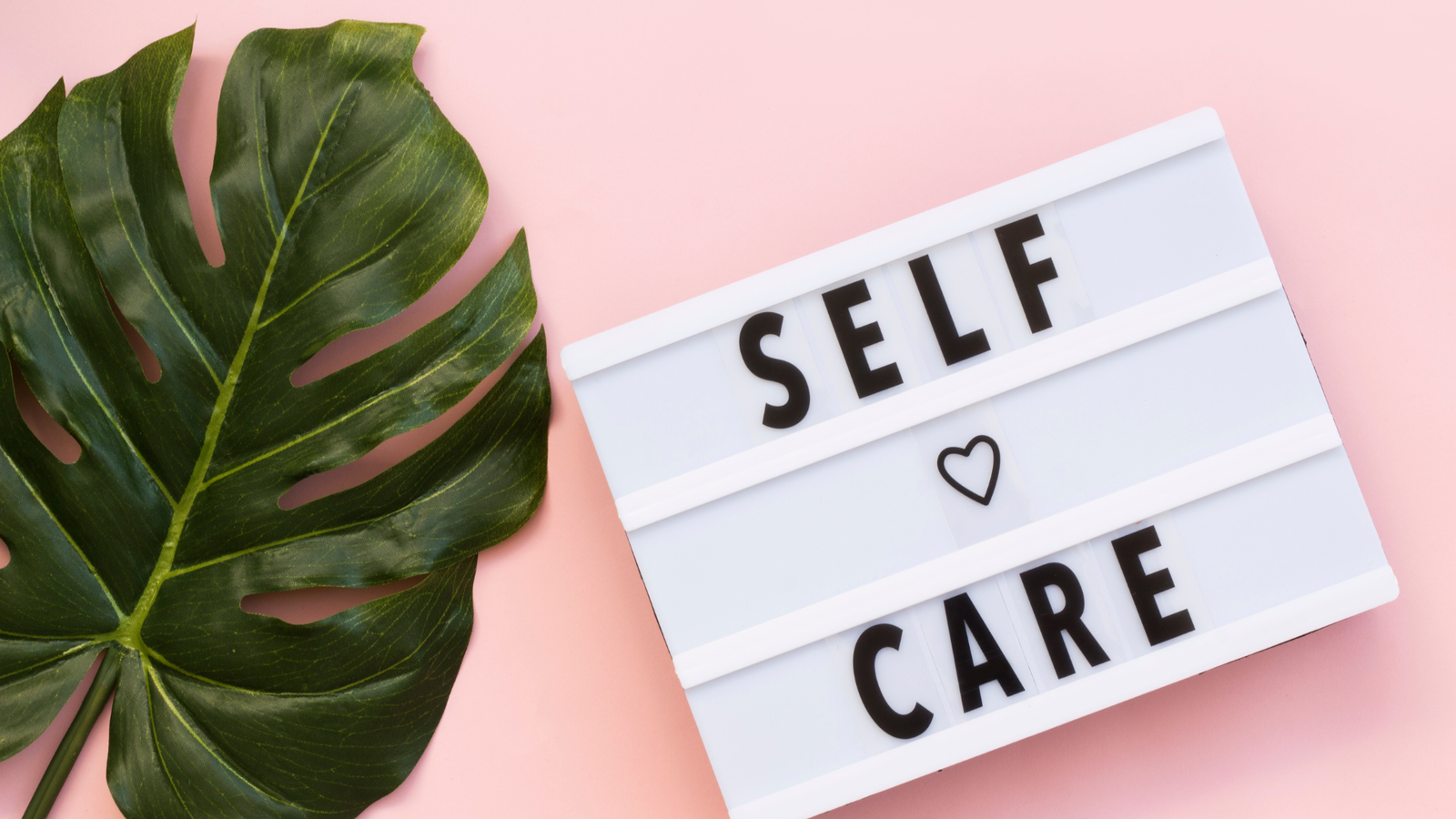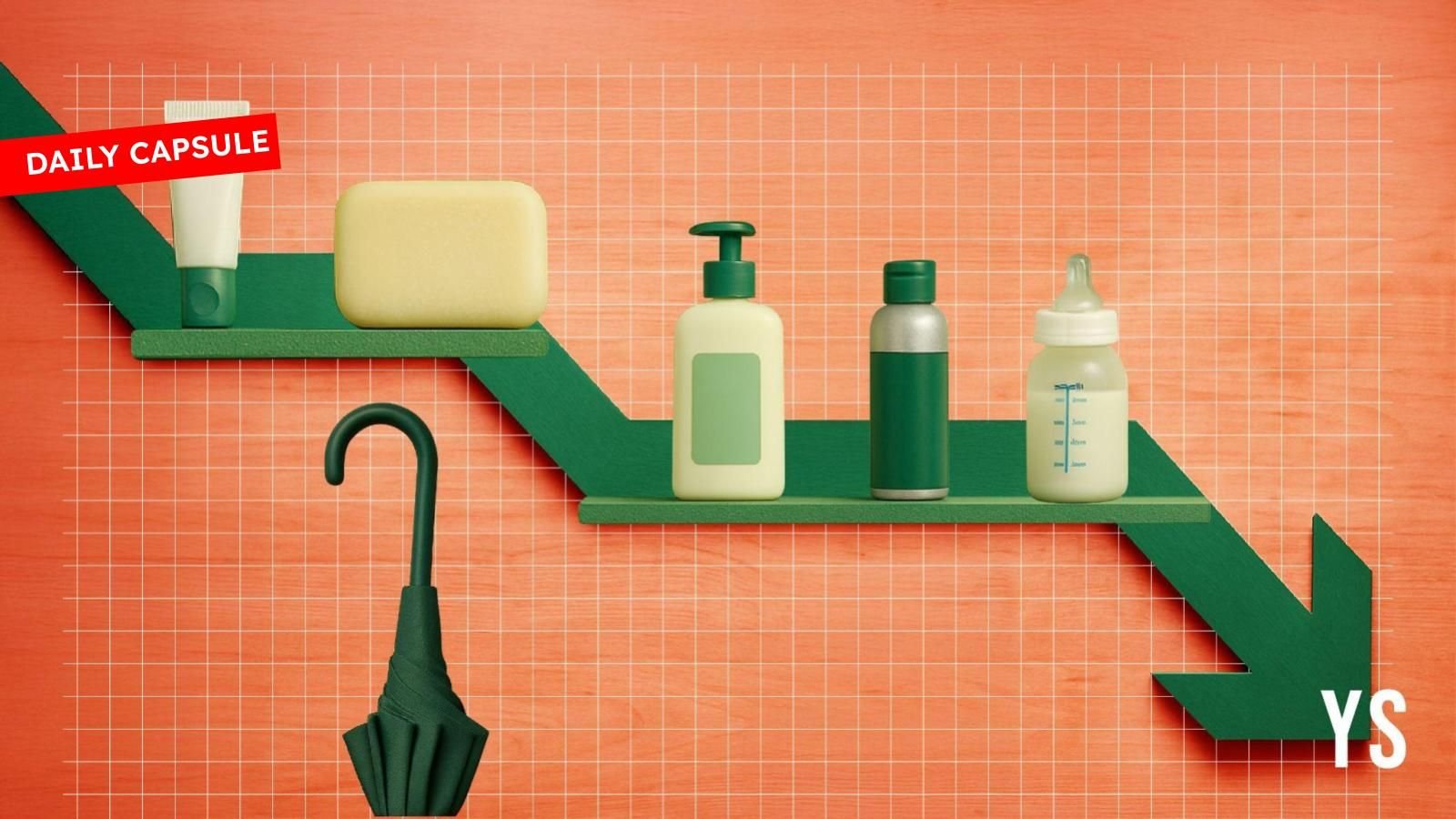6 timeless self-care rituals from around the world


In a world that glorifies hustle and productivity, self-care often becomes an afterthought, reduced to skincare routines or weekend naps. But across continents and centuries, cultures have embraced self-care not just as an indulgence, but as a sacred practice of restoration, reflection, and reconnection with oneself. From tea ceremonies in Japan to sweat lodges in Native American traditions, these rituals weren’t born out of trends; they evolved from deep wisdom, respect for nature, and the pursuit of balance.
What’s fascinating is how diverse cultures interpret well-being. For some, it’s about stillness and mindfulness; for others, it’s about community, touch, or even spiritual cleansing. And while modern self-care can sometimes feel superficial, there’s something timeless and grounding about these global practices. They remind us that caring for ourselves is not selfish, it’s essential.
So if you’re feeling burned out, disconnected, or simply curious, this list will take you on a journey around the world through six powerful self-care rituals. Try not to mimic another culture, but to learn, reflect, and perhaps infuse your own self-care routine with a bit more meaning.
6 cultural self-care traditions to try out
1. Japanese forest bathing (Shinrin-Yoku)
Origin: Japan
Purpose: Mindfulness and nature reconnection
Developed in the 1980s as a response to tech burnout, Shinrin-yoku or “forest bathing” is more than just a walk in the woods. It’s a sensory immersion into nature, slowing down, breathing deeply, observing the trees, and letting nature’s quiet energy heal you. Studies show it reduces cortisol levels, lowers blood pressure, and boosts mood. Even a 30-minute mindful walk in a local park can mimic the calming benefits.
Try it: Leave your phone behind. Walk in silence. Breathe in the scents, feel the texture of leaves, and listen to birdsong.
2. Swedish Fika (Coffee break with purpose)
Origin: Sweden
Purpose: Social wellness and pause
Fika is not just coffee, it’s a mindset. In Sweden, it’s a sacred ritual of taking a break during the day, often with coffee and pastries, shared with colleagues or friends. It’s about stepping back from stress and reconnecting with people over meaningful conversation.
Try it: Schedule a daily 15-minute “fika” to unwind. Add a warm drink, a light snack, and a no-phone zone to truly be present.
3. Turkish Hammam (Steam bath ritual)
Origin: Turkey
Purpose: Physical and spiritual cleansing
A Turkish hammam is an ancient bathing ritual that goes beyond hygiene; it’s about purification of the body and mind. Hot steam opens your pores, scrubs exfoliate dead skin, and the slow pace calms your nervous system. It’s a deeply rejuvenating social experience in Turkish culture.
Try it: Recreate a mini version at home: a hot shower, a scrub with natural soap, followed by oiling your skin with calming essential oils like rose or eucalyptus.
4. Indian Abhyanga (Oil massage therapy)
Origin: India (Ayurveda)
Purpose: Balancing the doshas and promoting longevity
Abhyanga is a self-massage with warm oil, tailored to your dosha (body type), practised daily in Ayurveda. It nourishes the skin, stimulates circulation, and supports detoxification. More than physical care, it’s a ritual of gratitude to the body.
Try it: Warm sesame or coconut oil, massage from head to toe in slow strokes, and then bathe. Do this weekly to release tension and promote calm.
5. Brazilian Capoeira (Movement as expression)
Origin: Brazil
Purpose: Emotional release through dance and martial arts
Capoeira combines music, dance, and martial arts in a rhythmic, flowing expression. For many, it’s both a workout and an emotional outlet, releasing tension, improving focus, and reconnecting with one’s body. It’s rooted in Afro-Brazilian history and resilience.
Try it: If not Capoeira, try expressive movement or dance for emotional release. Let go of structure and let your body guide you.
6. Hawaiian Ho’oponopono (Forgiveness ritual)
Origin: Hawaii
Purpose: Emotional healing and interpersonal harmony
Ho’oponopono is a powerful spiritual and emotional practice that focuses on healing through reconciliation and forgiveness. The core phrases, “I’m sorry. Please forgive me. Thank you. I love you.”, are repeated as a form of prayer or meditation.
Try it: Use this mantra during journaling or quiet meditation to release anger, guilt, or emotional burdens.
Final Thoughts
These rituals may span continents, climates, and philosophies, but they all point to one truth: self-care is not one-size-fits-all. What matters is the intention behind it. Whether it’s a moment of stillness in nature or a dance to shake off the day’s weight, borrowing from cultural wisdom can bring fresh depth to your daily routine.
Incorporate one or two of these into your week, not as another task on your to-do list, but as a reminder that your well-being matters. Sometimes, the most profound healing begins with the smallest rituals.
Discover more from News Hub
Subscribe to get the latest posts sent to your email.







